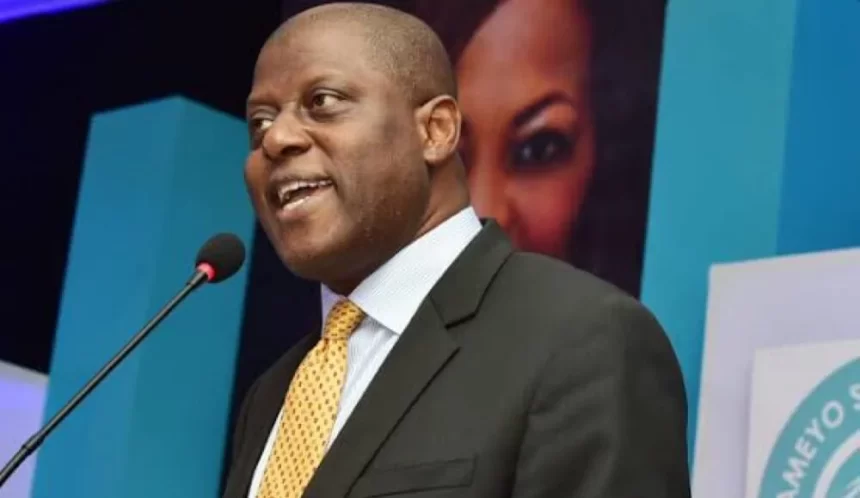Kwekwu Thomas I Wednesday, July 03, 2024
LAGOS, Nigeria – As the Central Bank of Nigeria, CBN hikes interest rates to a staggering 26%, the effects are set to reverberate across the country’s business landscape—and the after effects seem ominous.
Like an overwhelming tidal wave, this interest rate surge is poised to drown already struggling businesses and send a chilling effect through the veins of the Nigerian economy. Here’s a deep dive into the implications:
Increased Financial Burden: The steep rise in interest rates naturally leads to a higher cost of borrowing. Businesses, both big and small, will shoulder a considerable financial burden as they seek loans or credit to sustain their operations. The weight of these increased financing costs could be the straw that breaks the camel’s back for many, pushing them towards financial strain and even bankruptcy.
Investment Freeze: With interest rates soaring, potential investors are likely to think twice before committing their funds to long-term projects. The heightened risk and reduced profitability of investments could lead to a freeze in business investments, hindering economic growth and innovation. Nigeria needs investment to stimulate its economy, and this rate hike may send a chilling message to would-be investors.
Credit Crunch: The credit market will undoubtedly tighten its belt a few notches. Lenders will become increasingly cautious, and the already stringent loan conditions will further restrict access to finance. Businesses, particularly small and medium-sized enterprises (SMEs), which are the backbone of any robust economy, may struggle to secure the capital they need to survive, stunting their growth and contributing to a credit crunch.
Slowdown in Economic Activity: Higher interest rates typically act as a brake on economic activity. Businesses may delay or cancel expansion plans, and consumers could defer purchases, leading to a general slowdown in commercial transactions. From real estate to manufacturing, various sectors are likely to experience a chill, impacting the overall economic pace.
Repercussions on Jobs: As businesses grapple with the heightened financial strain, job losses could result. Companies may resort to layoffs or hiring freezes to stay afloat, increasing unemployment and reducing household spending power. A grim employment landscape is never good for business sustainability.
Price Hikes: Increased financing costs for businesses often translate into higher prices for goods and services. As businesses seek to maintain profitability, they may pass the burden of higher interest rates onto consumers through increased pricing. This could fuel inflation, eroding the purchasing power of Nigerians and further suppressing demand.
Strained Bank-Business Relations: Banks, in a bid to manage risks, may adopt more stringent lending criteria, potentially straining relationships with businesses. Increased defaults and non-performing loans could ensue, further damaging the credit culture and business environment.
Black Market Attractions: The high interest rates could fuel the allure of the black market and informal lending systems. Businesses, desperate for financing options, might turn to unregulated lenders, which often comes with harsh terms and high risks. This could create a parallel economy, further complicating monetary policy management.
Innovative Survival Strategies: While some businesses may fold under the pressure, others will innovate to survive. We could see a surge in creative financing options, such as crowd-funding, business partnerships, or alternative lending platforms. These movements could stimulate new economic avenues but also carry their own risks and challenges.
Government Policy Scrutiny: The government’s economic policies will face intense scrutiny and criticism. Businesses and citizens alike will question the rationale behind such a steep rate hike, putting political pressure on policymakers. How the government navigates this delicate situation will be crucial in the days ahead.
The 26% interest rate landscape in Nigeria is a daunting one for businesses. Like a high-stakes gamble, the central bank’s move could either stimulate the economy or deal a devastating blow. Businesses are certainly in for a bumpy ride, and the coming months will be critical in determining the fate of the Nigerian economy.
